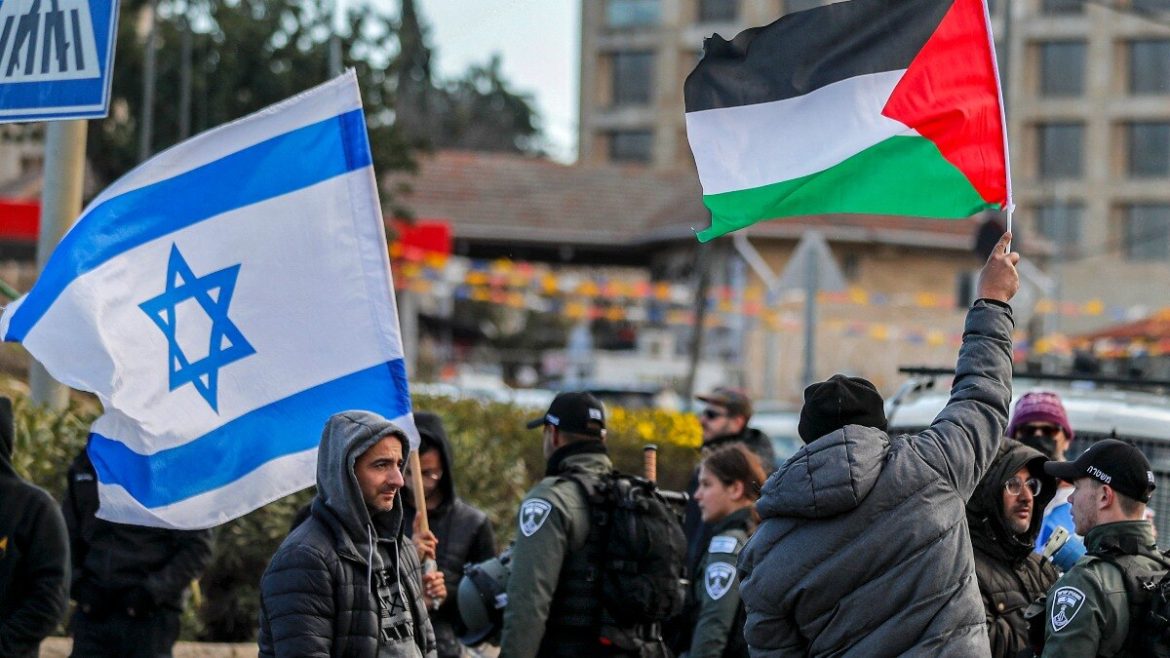The Israel-Palestine conflict is a protracted and deeply rooted conflict between Israelis and Palestinians, with historical, political, and religious dimensions. The core issues include borders, refugees, the status of Jerusalem, security, and the right of self-determination.
Here are some key aspects of the conflict:
- Historical Background:
- The roots of the conflict can be traced back to the late 19th and early 20th centuries when nationalist movements, including Zionism among Jews, gained momentum in the region.
- The Balfour Declaration in 1917 expressed British support for the establishment of a “national home for the Jewish people” in Palestine.
- Partition and Statehood:
- The United Nations proposed a partition plan in 1947, leading to the establishment of the State of Israel in 1948. The Arab states rejected the plan, leading to the Arab-Israeli War.
- Territorial Changes and Occupation:
- The 1948 Arab-Israeli War resulted in territorial changes, with Israel gaining control over some areas designated for an Arab state. The Six-Day War in 1967 further expanded Israeli territory to include the West Bank, East Jerusalem, the Gaza Strip, the Sinai Peninsula, and the Golan Heights.
- Occupation and Settlements:
- Israel’s occupation of the West Bank and East Jerusalem, as well as its blockade of the Gaza Strip, has been a major source of tension. The establishment of Israeli settlements in the occupied territories is a contentious issue, with many considering them illegal under international law.
- Peace Process:
- Various attempts have been made to achieve a peaceful resolution, including the Oslo Accords in the 1990s. However, reaching a comprehensive and lasting peace agreement has proven challenging, with issues such as the status of Jerusalem, borders, refugees, and security remaining unresolved.
- Ongoing Tensions and Violence:
- The region has experienced numerous conflicts, uprisings, and wars. Periodic escalations of violence, including clashes between Israeli security forces and Palestinian groups, have continued to cause suffering on both sides.
- International Involvement:
- The international community, including the United States, the European Union, and regional actors, has been involved in efforts to mediate and facilitate a peaceful resolution. However, differing perspectives and geopolitical considerations have complicated these efforts.
- Public Sentiment and Narratives:
- The conflict is deeply ingrained in the identities of Israelis and Palestinians. Divergent historical narratives and competing claims to the land contribute to the complexity of finding a resolution that is acceptable to both sides.
The Israel-Palestine conflict remains a highly sensitive and complex issue, and any attempt to address it requires a nuanced understanding of historical grievances, political realities, and the aspirations of both Israelis and Palestinians. Efforts toward a just and lasting solution continue to be a significant challenge for the international community.


